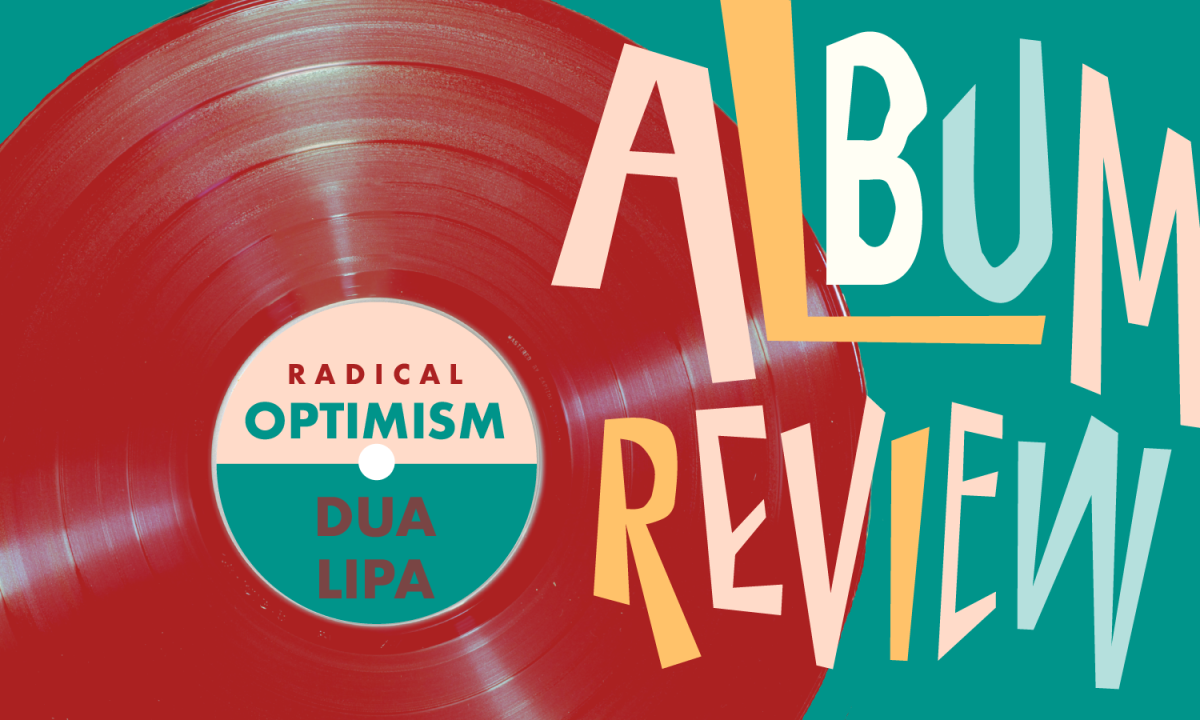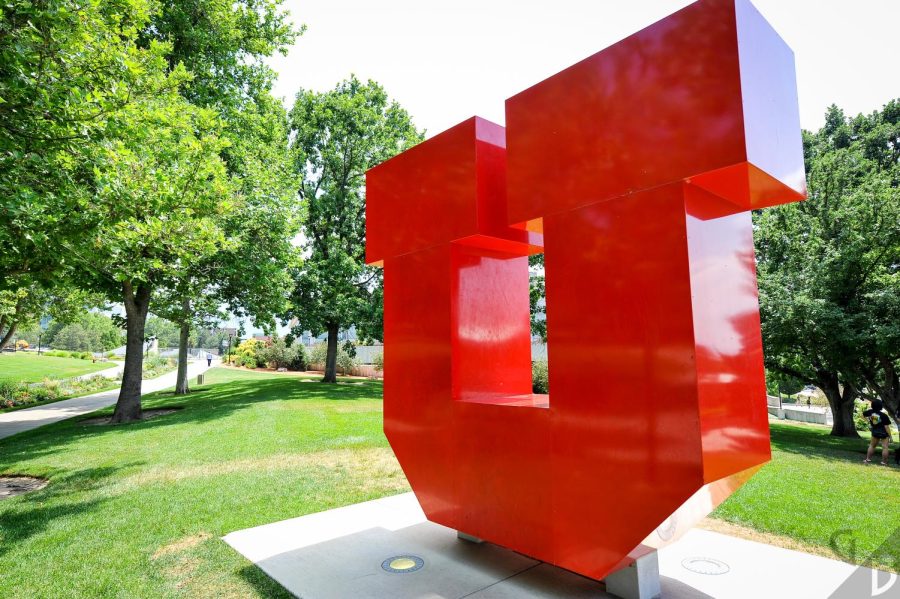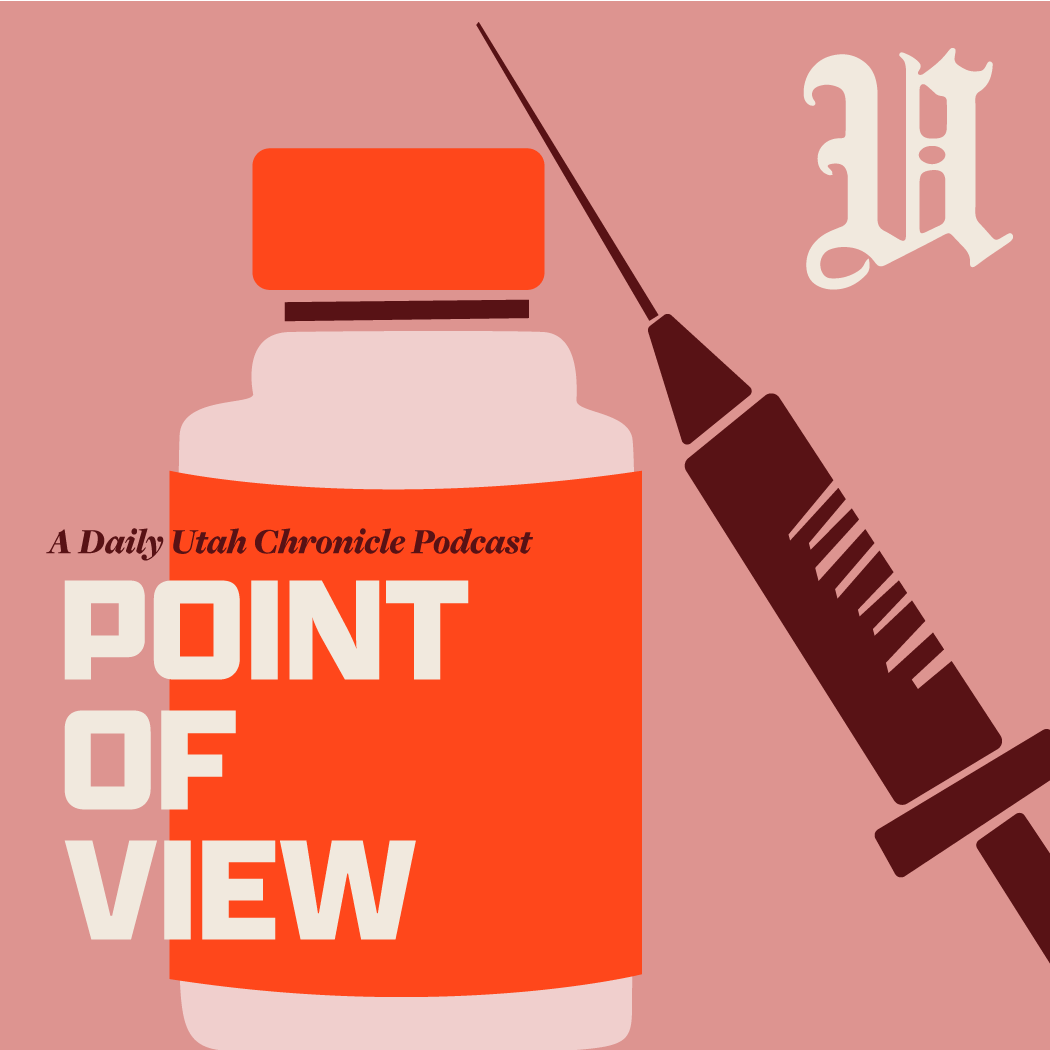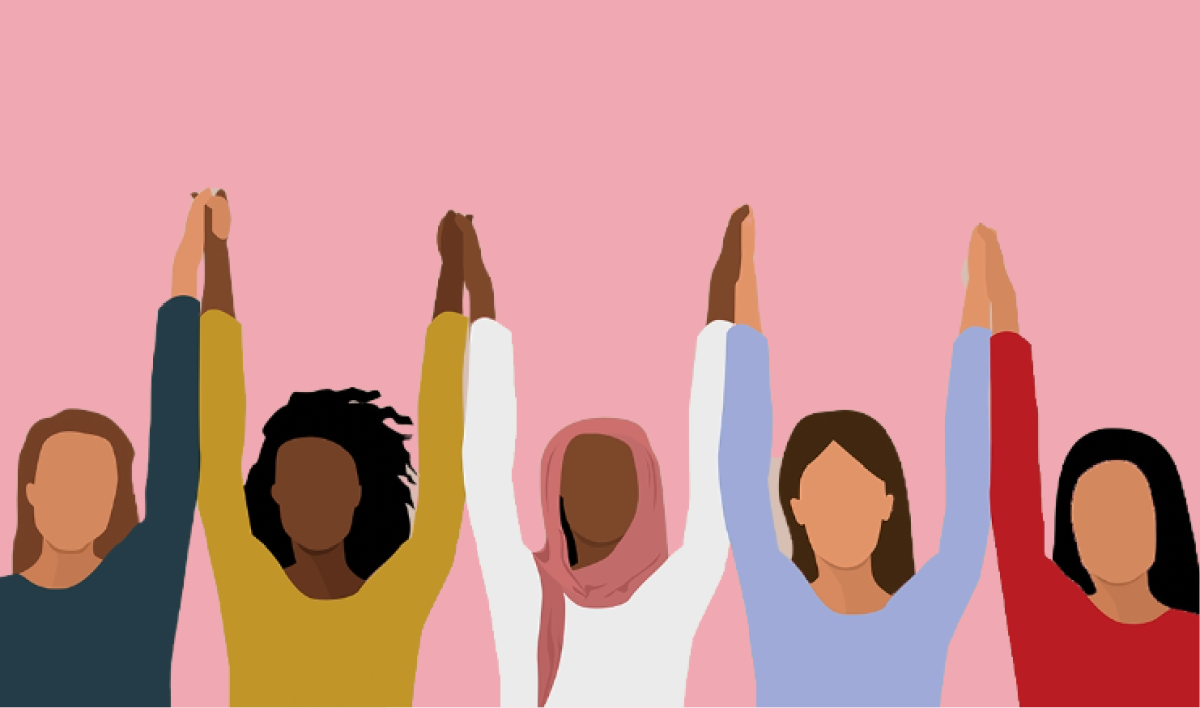Many recent reforms in the policies surrounding criminal convictions have attempted to increase the efficiency of the penal system through the means of stricter penalties and more vigorous judicial proceedings. But while the effects of such changes are yet to be experienced in full, it is wise for us to continue exploring the causes of the crimes that we’re punishing, which may prove more useful in addressing the problem at hand.
Most believe crime to be the result of citizens’ abuse of the system, but in many cases it is the system itself that denies citizens access to any other option. Immigrants historically have had no choice but to innovate when it comes to creating a place for themselves in society. Finding good, “secure” jobs is affected, if not controlled, by networking and having connections, speaking English as a native language and completing education requirements within the United States. Many of these opportunities afforded to natural-born citizens are simply less available to others, and job requirements should reflect the fact that many Americans don’t have access to these exact skill sets and are valuable nonetheless.
Crime is, in its most common form, the carrying out of an action illegally when acting legally is not feasible. For example, we tend to steal when we lack money, and we tend to cheat when we lack answers. When members of society lack the opportunity to use legal means to move up in society, they feel pressure to circumvent the law.
In the late 19th and early 20th centuries, the Northeastern U.S. found itself privy to such activity in the form of numerous immigrant gangs. Made famous first by the Irish in the late 1800s and later by the Jewish and the Italians, each group of families supported itself through loan sharking operations, gambling and the black market. The groups replaced each other over time as new immigrant groups had little choice but to turn to crime, given their inexperience with America’s white-collar world.
Later on, the Italians were replaced with African Americans, as racial disparity in education made upward mobility more difficult. Today the Hispanic and Mexican population are rapidly becoming our largest immigrant group, and the cycle continues.
According to The Color of Crime, a study done by the New Century Foundation, Hispanics are more than three times as likely to be incarcerated as their Caucasian counterparts; African Americans are seven times as likely. It’s clear that race and social class are not inevitable indicators of criminal activity; every person, regardless of skin color, is capable of committing or refraining from crime. But the pressure to carry out these actions is greater in certain groups precisely because their circumstances afford them fewer opportunities to attain the American dream through legal means.
One could argue that our nation’s historic obsession with materialism and the ever-elusive possibility of becoming the socially and economically elite is partly to blame. Materialism is indeed a blemish upon the face of American idealism. It robs us of perspective as we mindlessly choose what’s highly priced over the intangible and priceless: family, friendship, virtue. But the desire to become financially and economically stable is not evil in and of itself, especially when it’s felt by those struggling with poverty and unemployment.
Achieving such stability requires hard work and determination, both of which marginalized groups are forced to learn as they enter the lower class upon immigration. But such stability shouldn’t be impossible legally. The penal, employment and welfare systems should function in such a way that affords the same opportunities to groups regardless of their connections or length of residency, providing them with the tools to procure jobs that grant them financial security and allow them to better their situation in life. The essence of criminal reform lies not in punishing criminals but preventing our citizens from becoming criminals, and our practices should mirror those ideals.
[email protected]












